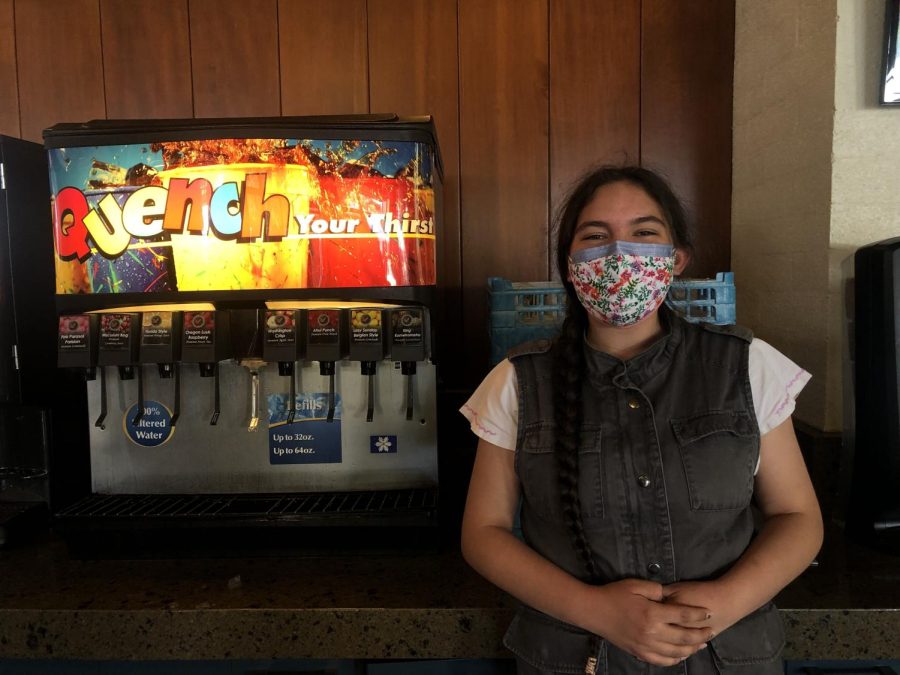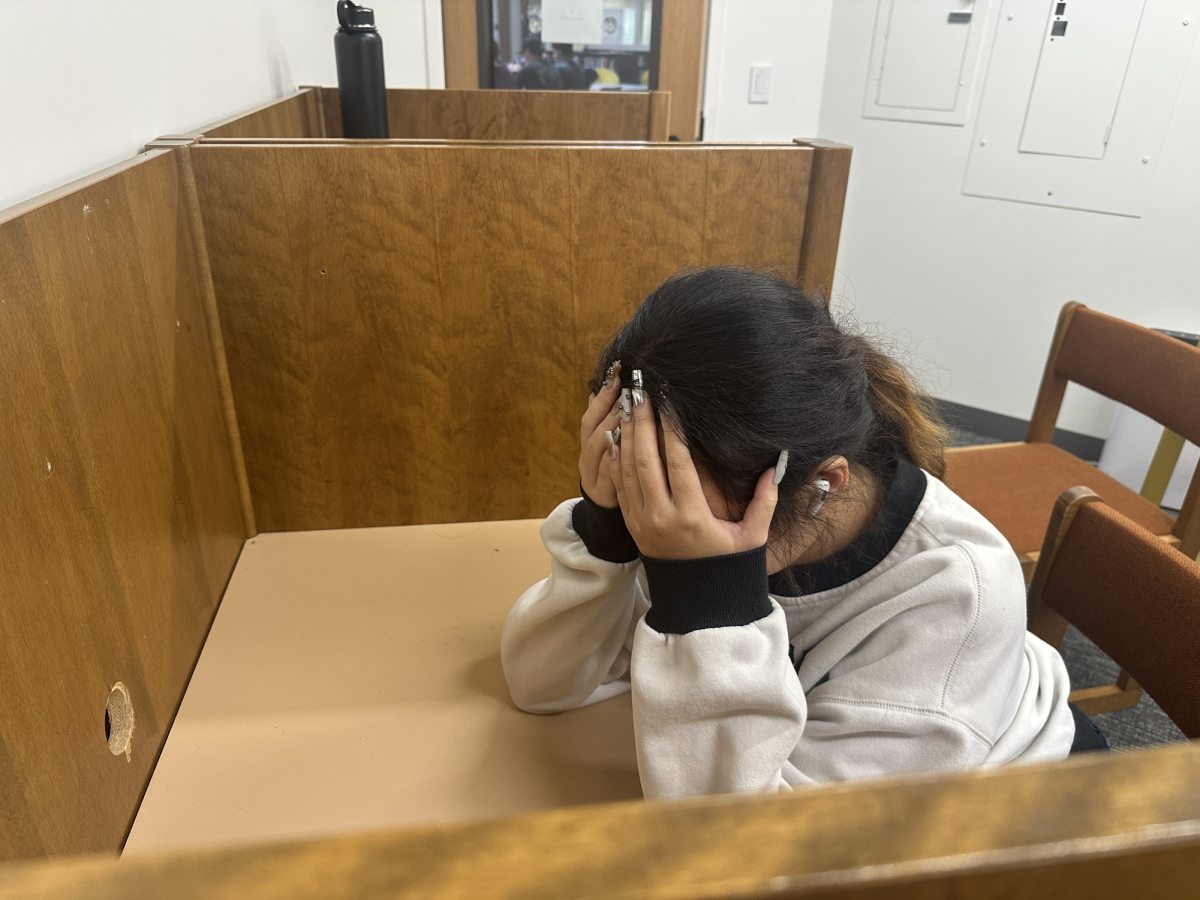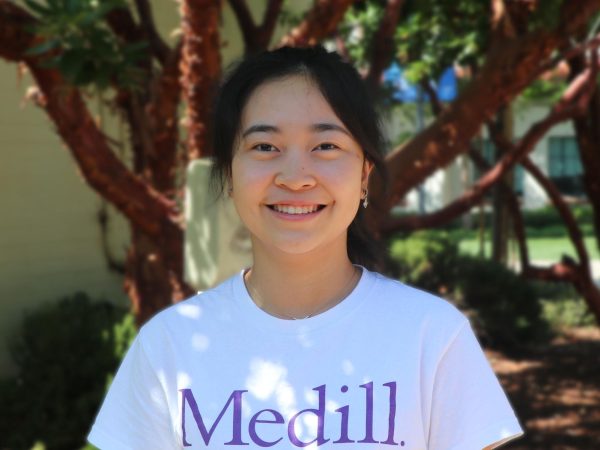During my first Webb tour, I was perplexed by how students navigated the enormous campus— classrooms, sport fields, dorms, faculty houses, and more—without getting lost. I vividly recall my enthusiasm after learning about Sunday Chapel, open pool in the mornings and weekends, and fun weekend runs to Knott’s Berry Farm and Universal Studios. I was even more impressed by Webb’s sushi bars for lunch and daily evening academic labs.
In my imagination, I had already planned to be inspired by the Sunday chapel speakers from across all disciplines, wake up early with my friends to swim in the beautiful pool, and ride on the Hogwarts Express so many times that we could imprint every scene into our memories.
However, I was only met with frustration when the pandemic first hit, and I realized that I could not get the in-person experience that I had been longing for. Regardless, I comforted myself with the idea that when we eventually return to campus, things would get better.
As I started sophomore year and took on the role of a tour guide, I found myself increasingly split between stating the facts and boasting about activities that I have never even experienced myself. Many events that I looked forward to, ones that would have been memorable, such as the exciting weekend trips, unique chapel speakers, and fun times at the pool, vanished with restrictions and protocols.
These rules were put in place to ensure that our community remains safe. Just like the rest of us, teachers and faculty have struggled in making these decisions, as they also inevitably feel the toll of the pandemic and can foresee student reactions.
Despite knowing the reasons that motivated these restrictions, it is fair for us to feel sad at the losses we have endured as a community, and we must acknowledge the far-reaching impact of these choices.
There is no doubt that the pandemic has disproportionately hit low-income public-school districts. Students were tasked with family responsibilities, deprived of internet access and digital devices, and unable to continue their normal high school experiences.
In comparison to these less privileged communities, Webb students’ disappointment may seem trivial, foolish, and even irresponsible to those around us. However, that mindset—that because our education is still intact, there is nothing to complain about—throws our mental health in a precarious state.
Although thankfully, we still receive a robust education, a different facet of our lives has drastically changed: the more vulnerable personal side.
Due to the unique nature of Webb’s boarding environment, many international students and local boarders view Webb as a second home. As a result, we felt the restrictions very keenly: from the prohibition to enter each other’s dorms, to always keeping our masks up except in our rooms, to canceling a hang-out with friends last-minute after they became close contacts. Since we are physically and emotionally attached to Webb in such extensive ways, any changes in the guidelines significantly shift our experience.
On the bright side, however, we have recently seen many long-cherished traditions return along with the declining positive cases. The wonderful Chapel speaker—Dr. Lonnie Johnson, the beloved sushi bar with an astounding variety of tuna, salmon, avocado, and more, the reopening of the juice bar, metal utensils, and finally, our freedom to go to different dorms and even enter each other’s rooms. I can personally attest to how much each one of these events meant to us and relieved our pandemic fatigue.
Slowly but surely, we are heading towards a positive direction. The inability to fully return to the pre-pandemic state may feel stifling at times, but by learning to understand, accept, and reflect on these situations, we can build on our maturity. The pandemic has taught us that plans do not always go according with changes, so adapting to these challenges by calmly accepting them is the only way that we can truly mature in the process, ultimately fulfilling the purpose of education.







![Many Webb students spend their free time in the library watching a popular TV show like Riverdale and Euphoria. “Based off what I’ve seen, like in Euphoria, because the actors are older, they don't showcase an actual high school life properly,” Sochika Ndibe (‘26) said. “Since [the actors] are older [and] playing a teenager, from a girl’s perspective, it is going to make you think you should look more developed at a young age.” The actor, who plays Veronica Lodge, was 22 years old at the time of filming.](https://webbcanyonchronicle.com/wp-content/uploads/2025/03/Antecol-Media-affects-how-society-functions-graphic-1200x900.png)







